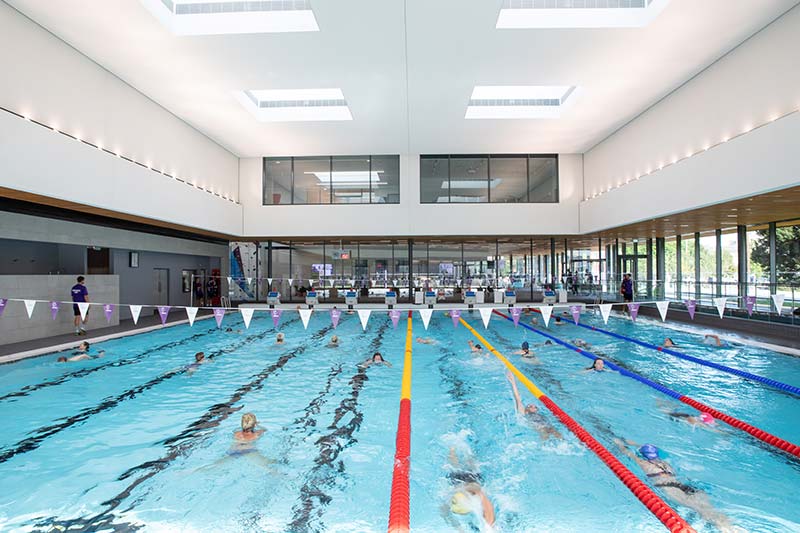Overview
If you're interested in becoming part of the global network of professionals who predict and prepare for geological and environmental hazards such as earthquakes or volcanic activity, this Geological and Environmental Hazards Master's course will give you the technical skills, training and fieldwork experience you'll need.
The course focuses on the physical processes that take place in the Earth that cause geological hazards. You'll be trained by experts in hazard identification, terrain evaluation, hazard modelling and risk assessment techniques. You'll learn how to manage – and mitigate – the impact of floods, earthquakes, landslides, volcanoes and coastal erosion.
You'll use our geotechnics and rock mechanics labs to analyse and charactorise geological materials. You'll use spatial analysis tools, simulation software and data analysis to assess the risks of natural hazards. And, you'll design and implement an advanced research project, and produce a detailed report.
A field trip to Sicily is an integral part of the Volcanology and Seismology module, where you'll record and report field data related to volcanic activity, seismology and earthquake geology in the Mediterranean region.
When you graduate, you'll have the vocational skills you need to work in this specialist field – and the educational qualifications to progress to Chartered Geologist (CGeol) or Chartered Scientist (CSci) status.
Course highlights
- Become skilled in the application of specialist techniques including numerical hazard modelling and simulation, catastrophe modelling, field reconnaissance and geomorphological mapping, geotechnical testing, spatial analysis and remote sensing
- Learn about physical processes that affect and control natural hazards, including volcanology and earthquakes, flooding and hydrological hazards, coastal erosion, slope instability and landslides
- Take part in research-based field trips, both locally and to Sicily where you’ll research volcanics and active tectonics
- Complete your own independent research project with opportunities to work with industrial partners on a joint project. Previous partners have included SOCOTEC and Fugro
Careers and opportunities
Once you complete this MSc Geological and Environmental Hazards degree, you'll be able to apply your lab and field experience in small and medium-sized enterprises or in global businesses or non-governmental organisations (NGOs). Alternatively, you could proceed to a research degree in earth and environmental sciences.
Each of the modules that make up this course has been designed with employability in mind, for example, assessment exercises such as presentations and reports are modelled on those that take place in professional settings.
Each year we organise a programme of guest speakers from industry to talk about their work, new developments in their field, careers paths and opportunities.
When you successfully complete this course – and after your first few years of professional work experience – you'll be able to use your Geological Society of London accredited Master's qualification in your application to become a Chartered Geologist (CGeol) or Chartered Scientist (CSci).
Graduates of this course have gone onto areas such as:
- Environmental consultancy
- Marine and offshore consultancy
- Flood risk consultancy
- GIS and remote sensing consultancy
- Engineering geology companies
- Re-insurance and insurance sectors
Graduates of this course have gone onto roles such as:
- Civil engineer
- Geo-environmental consultant
- Geo technical enginner
- Geographic Information Systems Analyst
- GIS Geographical Information Systems Technician
- Junior Catastrophe Risk Analyst
- Project engineer
- Technical integrator
Graduates of this course have gone on to work for companies such as:
- Fugro
- Radioactive Waste Management
- Gateley













